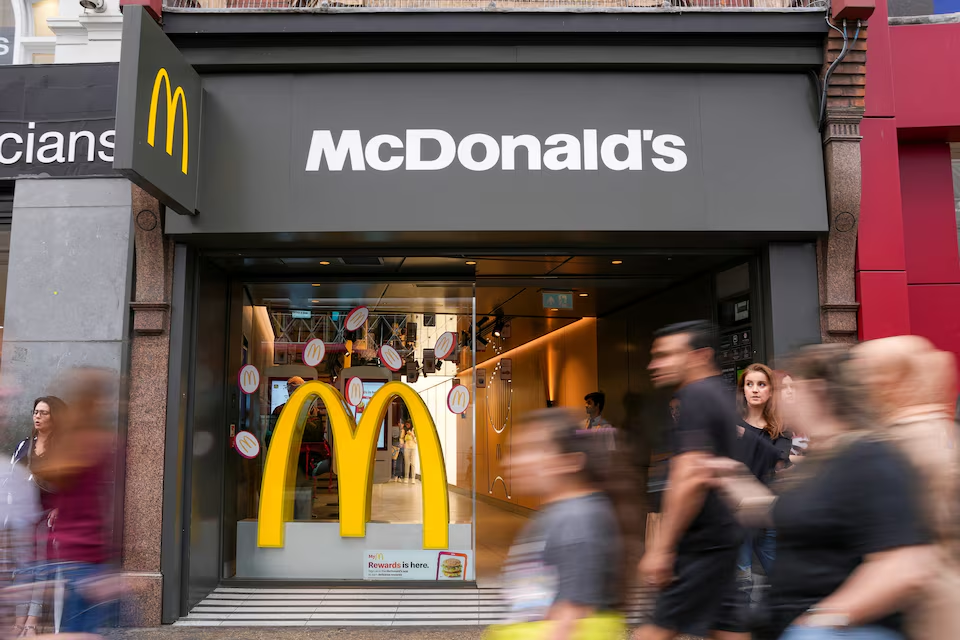
McDonald’s is intensifying its commitment to regenerative agriculture as a strategic response to climate-induced disruptions threatening its global supply chain. Under the leadership of Chief Sustainability Officer Beth Hart, the company aims to reduce agriculture-linked emissions by 16% by 2030, compared to 2018 levels. Recognizing the vulnerability of its operations to extreme weather events, McDonald’s is investing in sustainable farming practices to enhance resilience and ensure the consistent availability of key ingredients.
To achieve these objectives, McDonald’s is piloting innovative agricultural practices across the U.S., Canada, and the UK. Collaborations with partners like Syngenta and FAI Farms focus on testing environmentally friendly technologies, including experimental cattle feeds and biodiversity-monitoring tools. The company is also fostering farmer-to-farmer networks to facilitate the adoption of regenerative methods, emphasizing the importance of peer-to-peer knowledge sharing and providing measurable data insights to support farmers in this transition.
Despite not owning the farms it sources from, McDonald’s is leveraging its influence to promote regenerative agriculture throughout its supply chain. Initiatives like the “Routes to Regen” partnership aim to create financial and practical pathways for farmers to embrace sustainable practices. Hart acknowledges that systemic change requires cross-sector collaboration and scalable innovation, underscoring McDonald’s role in convening stakeholders to drive meaningful progress in sustainable agriculture.
Reference:
‘No lettuce, no Big Mac’: why Beth Hart is steering McDonald’s towards regenerative agriculture

